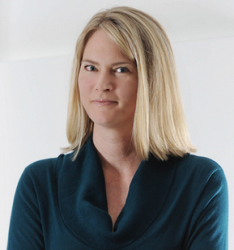Tax Inquiry: Google, Apple and Microsoft chastised over failure to answer questions
The local bosses of some of the world’s biggest tech companies have drawn the ire of Senators after pleading ignorance of their company’s tax structures at an inquiry looking at tax avoidance by big corporates.
There were tense exchanges between Senators and representatives of Google, Apple and Microsoft during the Inquiry yesterday, which revealed the tech trio are among 12 technology companies facing major audits by the Australian Tax Office, amid claims of systematic corporate tax avoidance within the sector.



It’s difficult for people to agree with concepts that are different from the origin of their paycheck. Sadly, this woman wasn’t in control. She was talking too fast and too much. Needs more coaching.
Do we honestly expect these companies to not minimise their tax liabilities through every legal means necessary? Clearly the rules need to change if we expect any real movement on this issue.